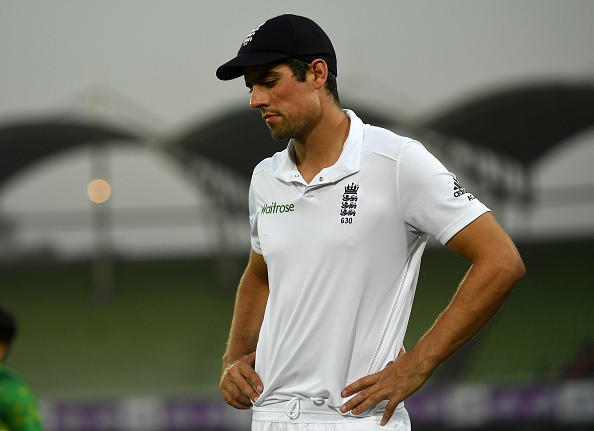England's tour to India: We won't be able to pay your hotel and travelling bills, BCCI tells ECB
BCCI said it was unable to execute the MoU between the two boards due to financial restrictions levied on it by the Supreme Court.

The absence of a Memorandum of Understanding (MoU) between the Board of Control for Cricket in India (BCCI) and the England and Wales Cricket Board (ECB) for the upcoming five Test match series between India and England has resulted in the Indian cricket board requesting the visiting team to pay from their own pocket for their hotel stay, travel and other arrangements.
An MoU is a standard agreement that details various aspects of bilateral series which see's the home team take care of the expenses of the tour but that has not been signed yet which has led BCCI, which is the world's richest cricket body, to request the ECB to foot their own bills.
"Dear Phil, I warmly welcome you for the upcoming cricket series. I am however at great pains to inform you that the BCCI is at present not in position to execute the MoU between the Indian Cricket Board and the ECB. This is due to restrictions on executions of contracts imposed by the BCCI by a court order", Ajay Shirke, BCCI Board Secretary wrote in a letter to the ECB.
The main reason for the delay in signing the MoU is that the BCCI is waiting for directions from the Lodha Committee. Usually, the board would approve of such payments but because of the order passed by the Supreme Court on 21 October, it has to get approval from the Lodha Committee which has been appointed to oversee all financial transactions of the BCCI.
"Certain courtesies such as hotel, travel and various other arrangements have been extended to you on arrival of the team in India. However, till the MoU is executed, the BCCI is not in a position to commit to paying for the same. Please make arrangements to remit such payments. The BCCI will inform you as and when further instructions are received by the BCCI and from the Lodha Committee. I apologise on behalf of the BCCI for inconvenience that is being caused", Shirke added.
However, the Lodha Committee panel has refuted BCCI's view. It claimed that giving directions on memorandum of understanding between two boards wasn't the mandate of the committee.
© Copyright IBTimes 2025. All rights reserved.





















